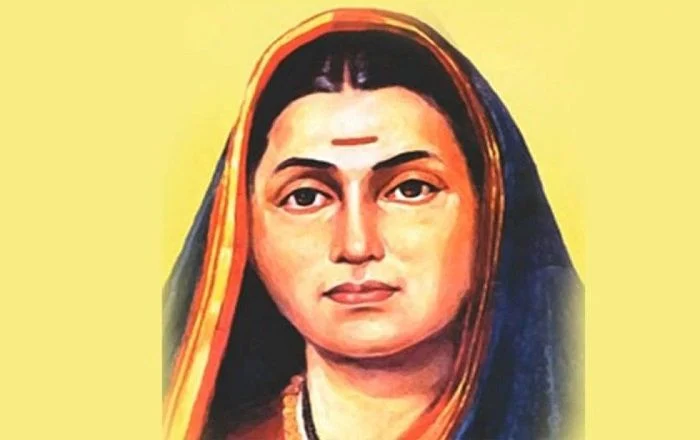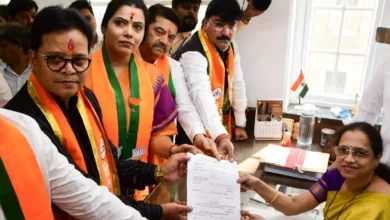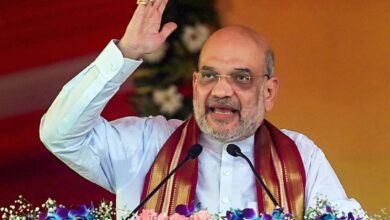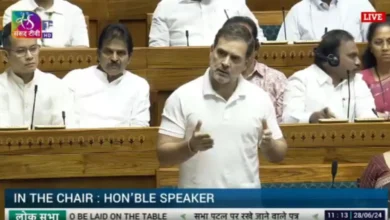
(Rajesh Dabral )
Savitribai Phule (1831-1897) was a remarkable Indian social reformer and educator who fought for women’s rights, social equality, and the abolition of caste-based discrimination. She was born into a farming family in Naigaon, Maharashtra, India.
Savitribai was married at a young age to Jyotirao Phule, who was also a social reformer and the founder of the Satyashodhak Samaj, an organization dedicated to social and educational reform. Together, Savitribai and Jyotirao Phule established India’s first school for girls in 1848, with the aim of providing education to all children, regardless of their caste or gender.
Savitribai faced numerous challenges and social stigma for her efforts to educate girls, who were not allowed to attend school at the time. She and her husband were often met with hostility and violence from upper-caste individuals who opposed their work.
Despite these challenges, Savitribai continued to advocate for women’s education and empowerment. She opened several more schools for girls in different parts of Maharashtra, and also started a home for widows, who were often ostracized and left to fend for themselves in Indian society.
Savitribai was also a prolific writer and poet. She wrote several poems that highlighted the struggles of women and the oppressed in Indian society. Her poetry reflected her deep commitment to social justice and equality.
Savitribai Phule’s legacy continues to inspire social reformers and feminists in India and around the world. In recognition of her contributions to education and social justice, the Government of India posthumously awarded her the Padma Shri in 1964.





